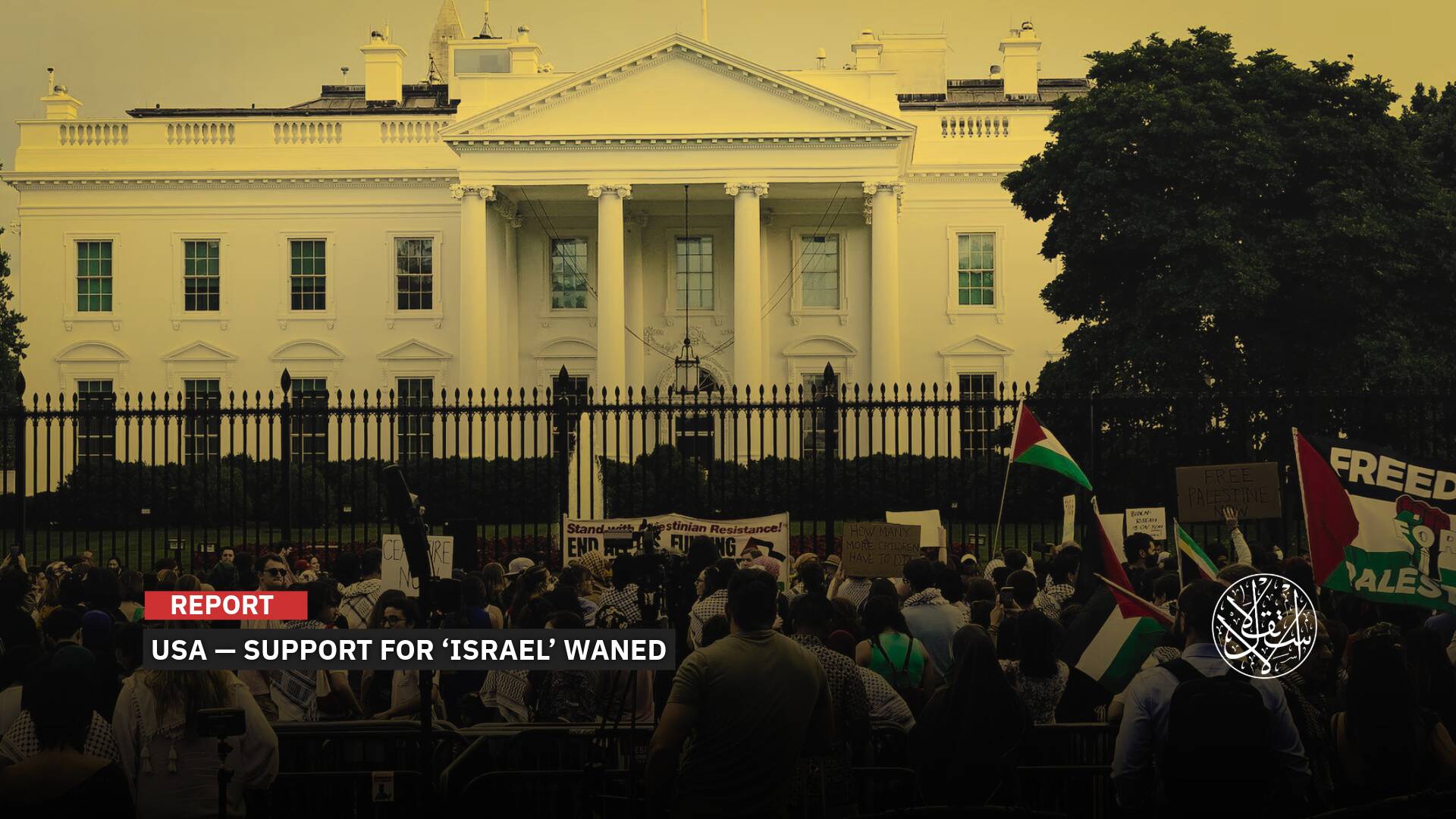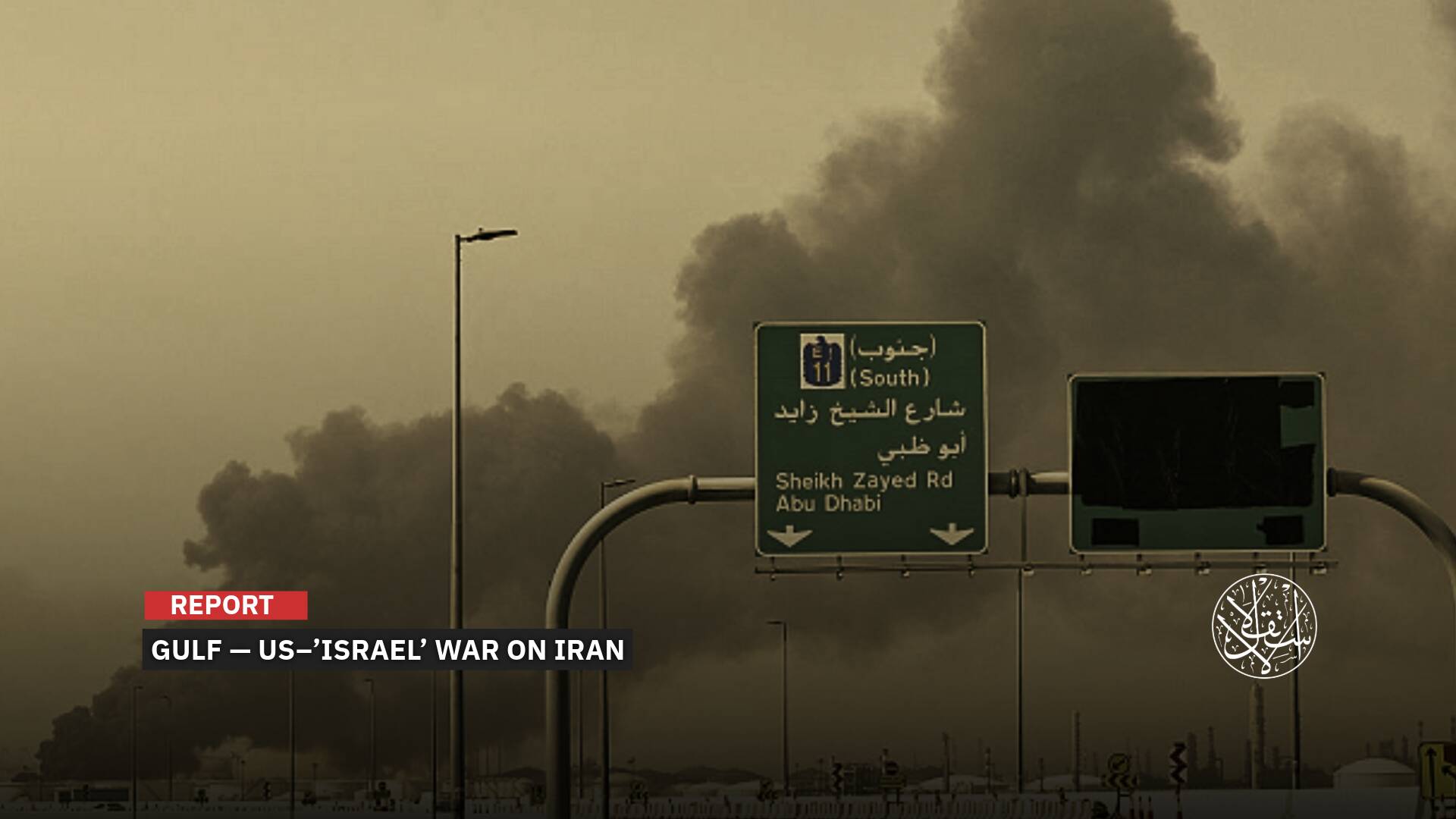Moncef Marzouki: ‘Operation al-Aqsa Flood’ a Chapter in the Arab Spring; Normalization is Unparalleled Audacity (Exclusive)

“Israel's image has been shaken, even shattered, worldwide.”
Former Tunisian President Moncef Marzouki stated that the Palestinians had no choice but to resist to reclaim their rights and land, as all other avenues had been blocked.
In an exclusive interview with Al-Estiklal, Marzouki emphasized that “the military imbalance between the Israeli Occupation forces and the resistance does not mean Israel will win; the natural course is for the resistance to prevail, though with great sacrifices."
He highlighted that the Egyptian regime has been actively participating in the blockade of Gaza and the siege of the Islamic Resistance Movement (Hamas) for years, stating that "its hostility towards Hamas continues."
Marzouki, 79, served as the fourth President of Tunisia, holding office temporarily during the transitional period following the fall of Zine El Abidine Ben Ali, from 2011 to 2014. He is a former president of the Tunisian Human Rights League and the founder of the Movement for Popular Citizenship at the end of 2014.
In 2015, he established the Movement Party and, in July 2014, co-founded the “Arab Council for the Defense of Revolutions and Democracy” with several Arab figures. He is the first president in Tunisia to be elected and to democratically hand over power.

• How do you foresee the future of normalization efforts that had started with Israel before the aggression on Gaza?
The normalization efforts that emerged blatantly through what they called the Abraham Accords are, in my opinion, a form of arrogance. Normalization had been happening for nearly 40 years, but it was conducted discreetly by its parties.
However, the recent efforts that have emerged in recent years reveal a blatant disregard for the people and an unprecedented arrogance. This attitude stems from the setbacks experienced by the Arab Spring or its so-called failures. The belief was that the people were defeated and the movement was over, making it acceptable to openly intensify normalization.
But now things have changed after Operation al-Aqsa Flood, which I consider a part of the eruption of the Arab Spring volcanoes. Currently, the parties involved in this normalization are in a state of anxiety after Israel failed to eliminate Hamas and the resistance as it claimed.
They have begun to realize that the Arab people are very angry and deeply sympathetic to the Palestinian cause, which they thought was dead as they proceeded with their blatant normalization. Now, they have understood that they will never be allowed to return to that level of arrogance once the war ends.
Therefore, they will continue their normalization, but it will be discreet, hidden, fearful, and shameful, and it will not be as it was before.
One of the outcomes of the recent events in Gaza is that the Israelis themselves and the Americans who believed that normalization with regimes would extend to the people have realized that this is impossible.
Hence, it will be a fragile normalization that will not last and will not achieve its goals, which is one of the many positives of the Al-Aqsa Flood operation.

• Some accuse the resistance of taking an uncalculated risk on October 7. What would you say?
In my opinion, the Palestinians were left with no choice. They were driven to act in this manner because normalization is ongoing, their prisoners remain in jail with no hope of release, their land is occupied, and their rights are violated. The Palestinian Authority is achieving nothing, and the settlements are continuously expanding. What are they supposed to do and where can they go?
It was natural for them to launch resistance operations, like all oppressed and downtrodden peoples. They were not left with a single open door through which they could reclaim their rights and land.
This was not an uncalculated adventure; it was the only inevitable option.
They faced an existential crisis, and their cause was on the brink of death, which no free people would allow.
Yes, there have been significant sacrifices and extensive losses resulting from this action, but there are also positive outcomes. The Palestinian cause has become more central, influencing even U.S. elections, and has cornered Arab tyrants into a state of disgrace.
Israel's image has not only been shaken but shattered worldwide. It once represented a political, military, and media phantom, but that image has now been shattered and its true nature exposed. These are very significant achievements.
• Given the vast disparity in military capabilities, do you expect the resistance to achieve any of its goals on the ground, tactically or strategically?
Historically, asymmetrical wars have always been deceptive. For example, the war of the blacks against apartheid in South Africa during the seventies and eighties or the guerrilla warfare waged by the Algerian people against colonization. These were all wars with a significant disparity between the capabilities of the resistors and the occupiers, yet the outcomes were as we know them, despite the sacrifices made.
Currently, Israel is banking on its military strength, Western and U.S. support, and arrogance. But in the end, it will be defeated because the morale of the oppressed is always stronger than that of the oppressors.
• Do you see any impact of what is happening in Gaza on the reality of the Palestinian Authority led by Mahmoud Abbas and its current state?
In my view, the Palestinian Authority is part of the "old Arab political system" and has failed the Palestinian people and their cause. The ironic thing is that even Israel, which benefited from this authority, does not want it now and refuses to support it financially or militarily.
There is no clearer indication of this authority's failure than the current situation we are witnessing. I believe the best thing Mahmoud Abbas can do at this stage is to resign and allow the leaders of this authority to seek younger alternatives who can truly work for the cause and for the liberation of the occupied land.
Naturally, there should be a representative structure for the Palestinian people on the global stage, encompassing all Palestinian factions, so that the legitimate and real Palestinian body can be revitalized.
I think Abbas should step down, just like some of the Arab dictators who have left.

• It is well known that you believe the Egyptian regime plays a role in besieging Gaza. Do you expect any change in this position if the governing authority in the sector changes after the end of the aggression?
I prefer to refer to it as the Sisi regime, rather than the Egyptian regime because Egypt is far greater than its current stance.
The Sisi regime, which came to power through a coup, treats Gaza as an extension of its internal war against the Muslim Brotherhood in Egypt. It does not see Hamas as a resistance movement or a Palestinian faction; rather, it views Hamas merely as an extension of the Muslim Brotherhood, which it deceived and fought in Egypt. Therefore, it believes it must also fight Hamas. Just as it crushed the Brotherhood in Egypt, it aims to crush Hamas in Gaza.
As a result, it continues to ally with Israel to achieve these goals. This is a strategic position for the Sisi regime, and I do not expect it to change, regardless of the circumstances or even if Hamas were to achieve victory.
I believe the Sisi regime’s hostility towards Hamas is as intense as Israel's hostility towards Hamas, and this stance will not change. Hamas will not disappear from the Gaza Strip, regardless of the outcomes, and thus, Sisi will not stop suffocating it by every possible means. This is what I believe.









